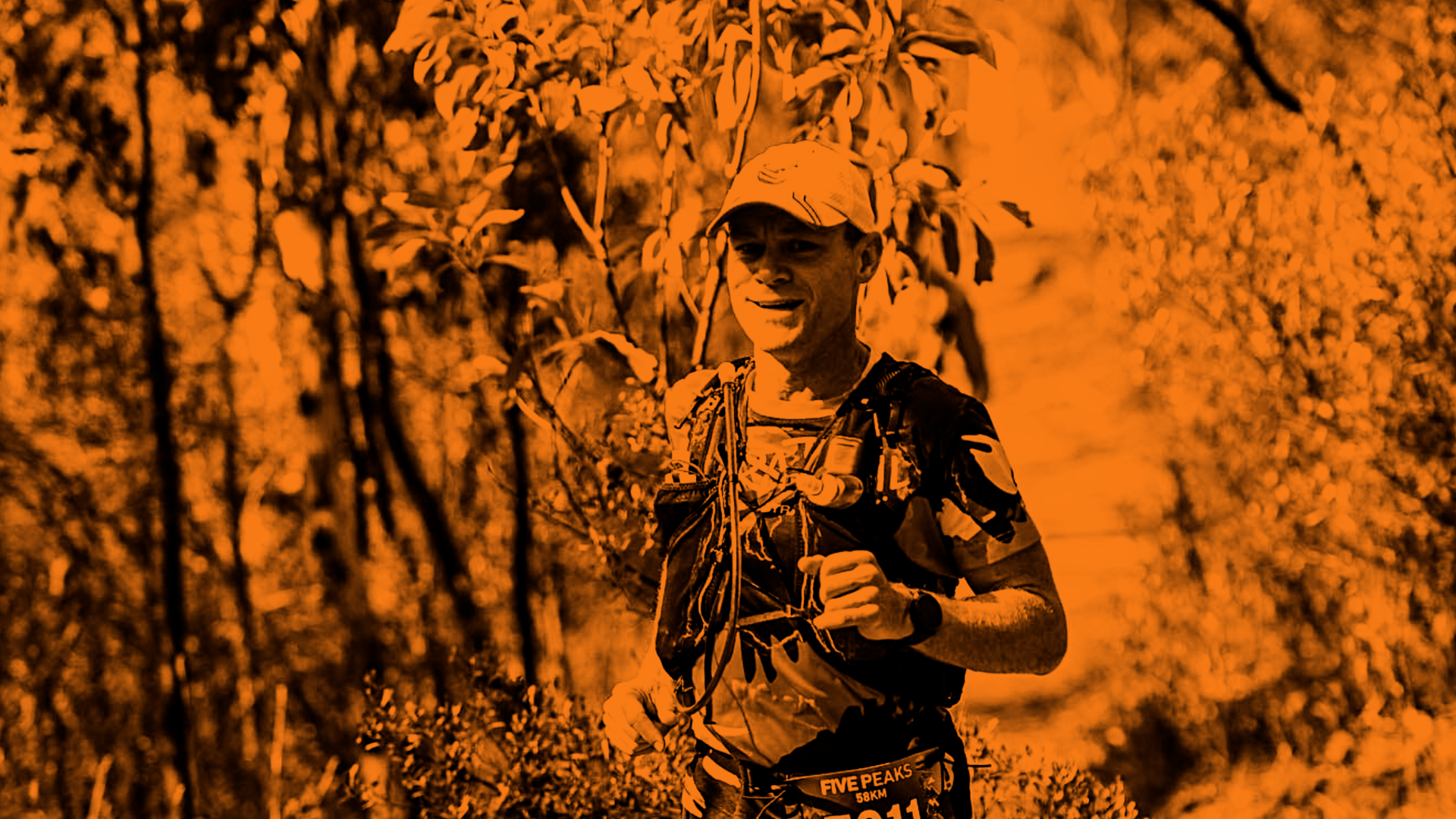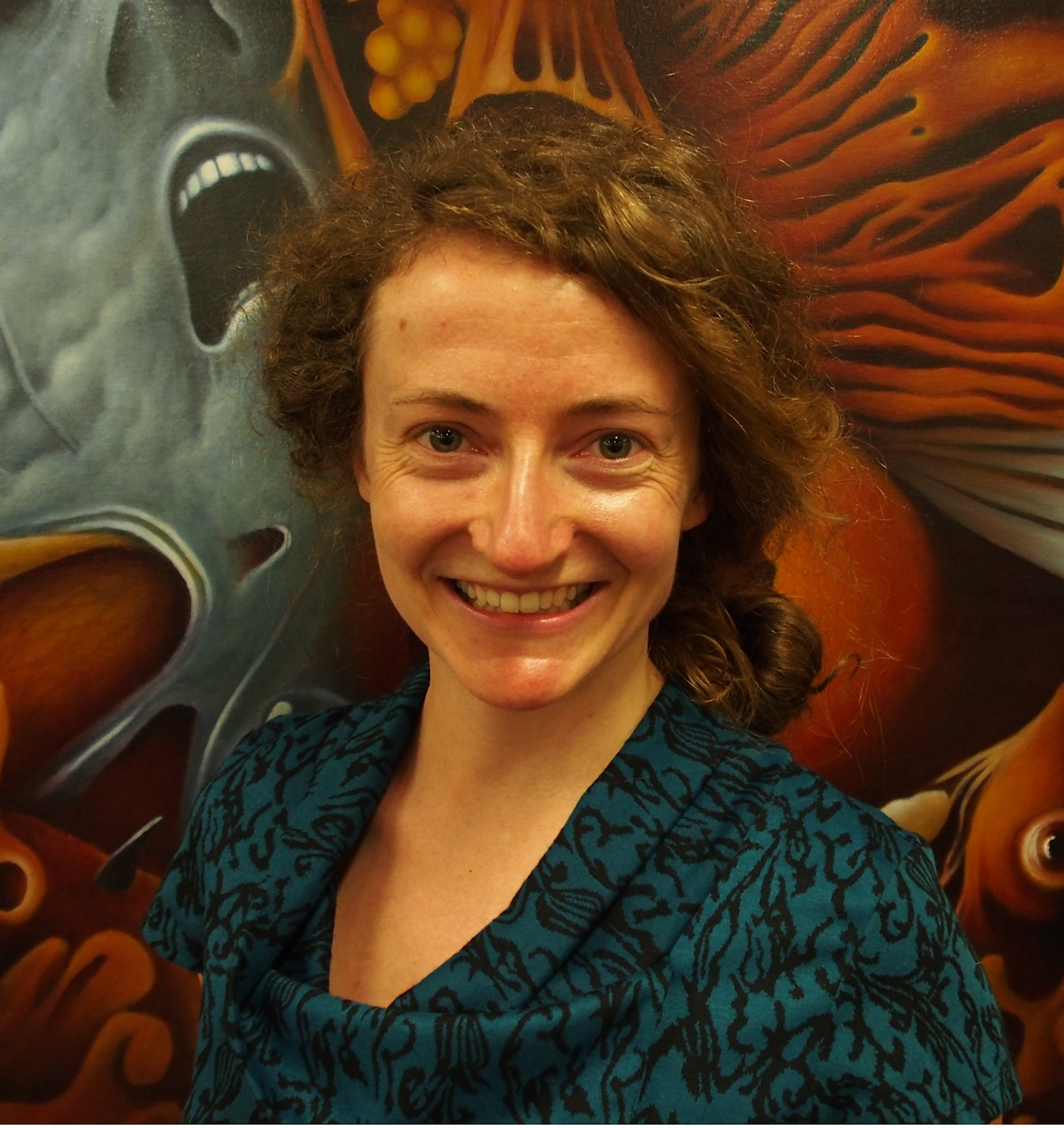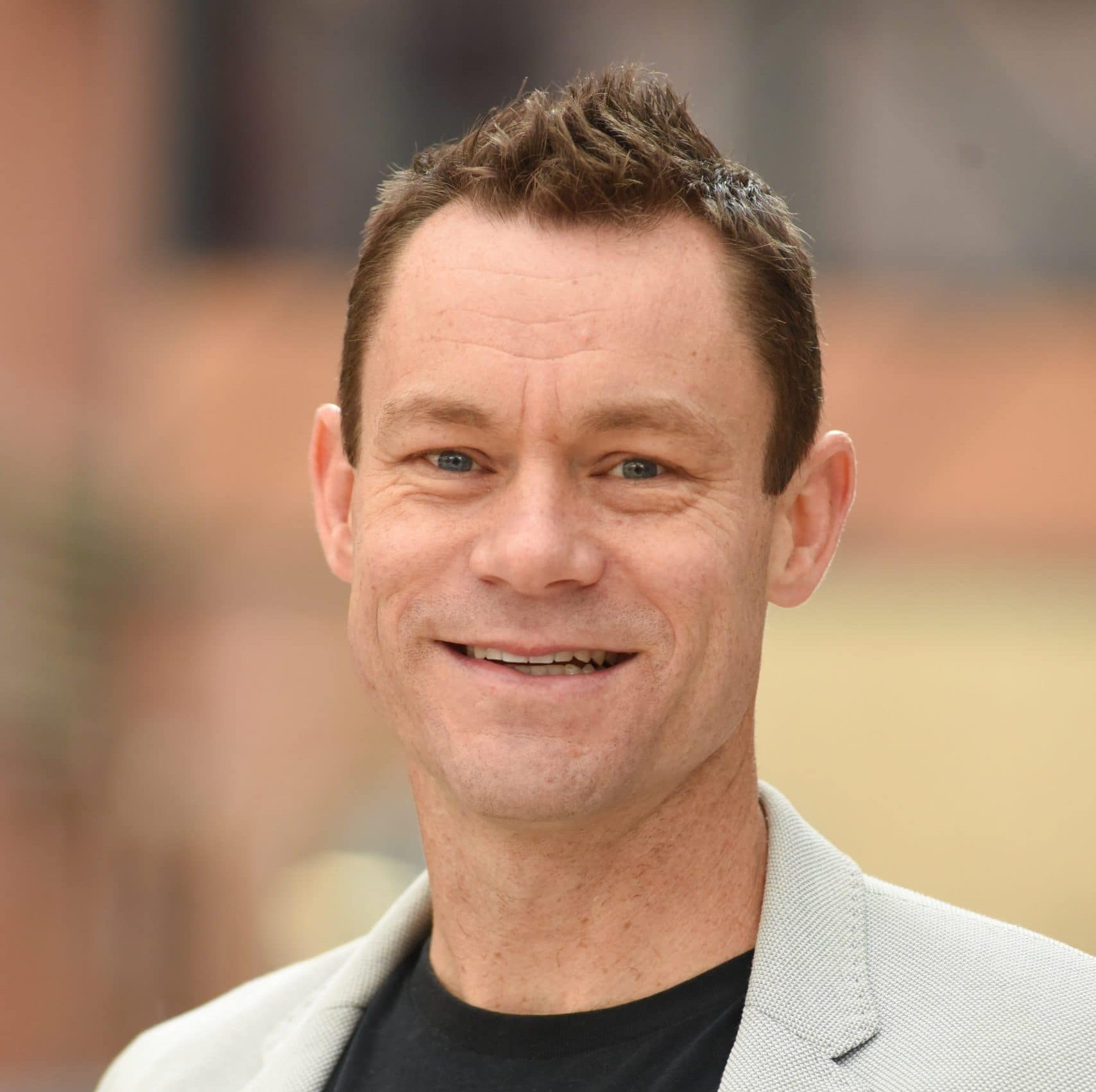


This month Dr Fiona Hawke chats with Dr Ryan Causby, Program Director Podiatry at the University of South Australia. She finds out what his research passions are and what advice Ryan would give to a podiatrist looking to get involved in research.
What are you working on at the moment?
Typical to much of the podiatry profession where we do a ‘bit of everything’ my current research projects span a broad range of interest areas. Unfortunately, this is really not how anyone recommends approaching a researcher career however, this has been driven through a variety of influencing factors. As a small program, in a big academic unit, some of the diversity comes from just ‘getting involved’ where possible, and where I am able, work with other researchers. Further to this, as a small team, we help each other out on personal projects and try to meet the need for supervisory capacity for students spanning honours to PhD.
Current projects in which I am involved include:
There are other projects floating around too, these are just the main ones!
My real interest is in areas of neuroscience, and motor control. From the projects above, my pet project is one where we are looking at the brain changes associated with diabetes-related neuropathy.
How could your research change clinical practice (now or in the future)?
I am hoping that if we can gain a better understanding of the changes which occur within the brain as a consequence of neuropathy or other neurological conditions, we can better understand if this has a role in Painful Diabetic Neuropathy. If this is the case, much like with other chronic pain conditions we can implement management techniques to address the central changes, rather than rely on pharmacological management or simple management of symptoms.
What first got you interested in research?
To be perfectly honest, I just fell into research. I love extending myself and developing, and so was lucky enough to take up a Graduate Diploma and then Masters of Podiatry (coursework) to further develop my clinical skills. It just happened that two of the subjects I had to study at the time were Health Research methods and Evidence Based Research…. and before I knew it, I was working full-time at the university and doing research. It wasn’t really a conscious decision and was always supposed to be something to complement my clinical practice. But as it happens, there are only so many hours in a day, and those hours started going more and more to research.
How have things changed since then?
I think the main changes since then have been more of a move to ‘clinical’ research. Previously, as much as I loved clinical research, the extra hurdles facing clinical research such as hospital or health system-based ethics committees (compared with the university committee), finding suitable partners who have the time and motivation to be involved, difficulty in recruiting patients/participants, hesitancy from clinicians to ‘refer’ participants (for a variety of reasons), to name a few, made it hard to do whilst working my ‘main’ job and meet required timelines. There are more clinicians becoming interested in research, and I am not as bound by timelines now…so that has enabled the change.
Did/do you have a research mentor?
I don’t really have a research mentor, but I do have some that I aspire to. Two of these are good friends of mine, namely Associate Professor Tasha Stanton, who researches in the area of chronic pain, and Professor Alison Coates who researches in nutrition, so not foot-related at all. I think I have just learnt much from watching them work and listening to their discussions. However, I do have a co-support (some say co-conspirator) who has been on the same journey and we have supported each other a lot along the way. This is my colleague Dr Helen Banwell, I think the support we have provided for each other has really helped us get some traction in a tough environment, particularly from a funding and workload perspective.
What are the best parts of being a researcher?
I love being a researcher as you are always challenging your own thinking and understanding. We all have questions we’re often asked as we work our way through a clinical condition or application. The best thing about being a researcher is that it is not just feasible for you to consider answering that question, but it’s part of your job. However, unfortunately it is not just acting on whim, and it does need to be relevant and applicable, particularly if it is going to be in any way competitive for funding.
What advice would you give a clinical podiatrist wanting to get involved in research?
There is so much advice I would love to pass on, that we could have a whole article about just this… however, the first advice I can give is to partner yourself with a university and researcher who is just as motivated as you are about your topic. The second is to be realistic; no one has been able to find a cure for cancer in one research project. Breakthrough research (or any clinically relevant research) is achieved through a combination of smaller incremental steps. It may just be that to suitably answer your ‘question’ you may need to take a couple of steps back to answer smaller questions or establish context for the ‘big thing’. For example, one of the projects I have been involved in is to try and determine calf muscle strength as a risk factor for the development of Achilles Tendinopathy. Now, unfortunately to answer this, the first research project that had to be undertaken was to evaluate and validate the best tool to clinically assess calf muscle strength, and which measures are most relevant (i.e. maximum contraction, endurance measures etc.).
What keeps you going outside of podiatry?
I love trail running. Being out in nature combined with the act of running, being able to cover a large amount of ground (than if you were walking) has really attracted me to it. I love the challenge of doing an ultramarathon and have done up to 70km events but admit that I prefer to stick to the middle distances (around 35km is perfect). In a way I’m lucky that this is my passion, because otherwise I really love good food and good wine…so I guess they all balance each other out.
If you weren’t a podiatrist/researcher, what would you be?
Ooh, good question. If I wasn’t a podiatrist/researcher I’d love to be a pilot. It probably started when I worked rurally where we were partnered with the Royal Flying Doctor Service to provide outreach services to outlying communities. I love flying and the sense of going somewhere, being above the clouds. I also find the physics and mechanics of it all fascinating. The pandemic and not being able to travel has really hit this home.
Where do you think your research interests will lead you next?
Who knows, the part of research I am really enjoying now, particularly whilst I am trying to balance management responsibilities, is helping others with their research. I am seeing more clinicians taking an interest in research. The relatively limited number of podiatry researchers (compared to other disciplines) means that a lot more people are approaching us with ideas. That is the great thing at the moment; people come to us with ideas I wouldn’t have even thought of. My role (which I enjoy immensely) is to help them! So, if you have an idea, or a question you want answered, don’t be shy, reach out, myself or other researchers are sure to want to help you out.
© Copyright 2021 The Australian Podiatry Association
